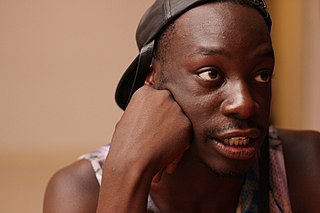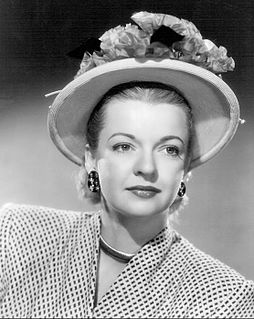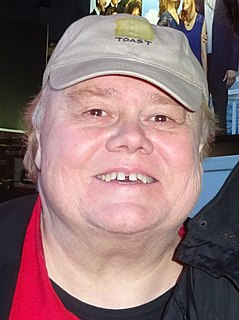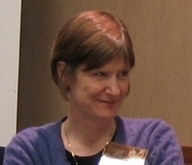A Quote by Reed Morano
When I read 'Meadowland,' I could see the potential for a very internal, quiet story that could be powerful and emotional but also disturbing and dark.
Related Quotes
There is a masculinity in riot grrrl music, which is probably why I don't identify with it, but also why it was so important and powerful. That is something our scene has - regardless of who is in it, it has this very powerful feminine energy, like a Nefertiti head bust or Storm from X-Men. It's a woman you see as very powerful, sassy, arrogant, and dark.
I look at a pilot and go, "I see the landscape. I see the characters. I see the direction and the potential of the story." And I also go, "That didn't work. I could change that. Maybe that works. I don't know. We'll see." For me, I look at it, as an actor, as what can I improve upon? So, to have it out there and judged solely on its own merit is really a unique experience for me.
I first read 'Lolita' when I was 16, which I think is a little bit young. But it was a thrilling and disturbing read because it was the first time I really sensed that you could have an unreliable narrator, that you didn't have to sort of tell the truth in a narrative, that there could be something deeper and richer and more complicated going on.
In a brilliant fusion of fact and fiction, Jayne Anne Phillips has written the novel of the year. It's the story of a serial killer's crimes and capture, yes, but it's also a compulsively readable story of how one brave woman faces up to acts of terrible violence in order to create something good and strong in the aftermath. Quiet Dell will be compared to In Cold Blood, but Phillips offers something Capote could not: a heroine who lights up the dark places and gives us hope in our humanity.
Now intelligence seemed quantifiable. You could measure someone's actual or potential height, and now, it seemed, you could also measure someone's actual or potential intelligence. We had one dimension of mental ability along which we could array everyone... The whole concept has to be challenged; in fact, it has to be replaced.
She smiled, if he could see that, and waited for him to ask the real question. But he was silent. He wanted her to volunteer the story, she realized, and she could just as easily choose to say nothing. But he deserved to know. They all deserved it, and Kirra already knew it, and Cammon may have guessed it, because Cammon could read souls, but Tayse was the only one she would tell.




































